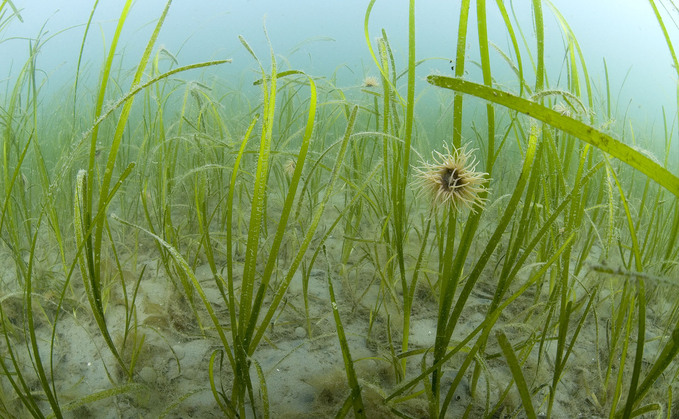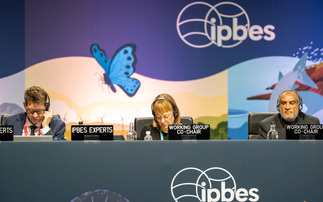
A seagrass meadow near Helford, Cornwall | Credit: Paul Naylor
First of their kind studies warn vast amounts of CO2 stored in UK seabed habitats are at risk of being disturbed by bottom trawler fishing and offshore development
Seabed habitats around the UK have been found to naturally store many hundreds of millions of tonnes of carbon, prompting calls for urgent action to prevent CO2 being released into the atmosphere from...
To continue reading this article...
Join BusinessGreen
In just a few clicks you can start your free BusinessGreen Lite membership for 12 months, providing you access to:
- Three complimentary articles per month covering the latest real-time news, analysis, and opinion from Europe’s leading source of information on the Green economy and business
- Receive important and breaking news stories via our daily news alert
- Our weekly newsletter with the best of the week’s green business news and analysis









